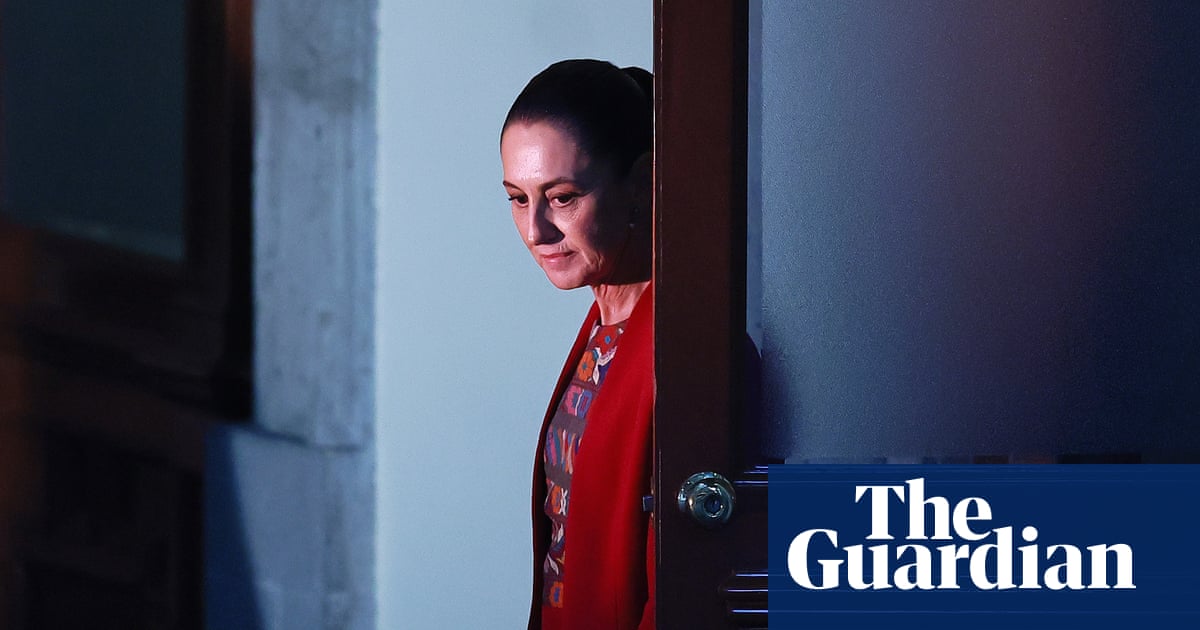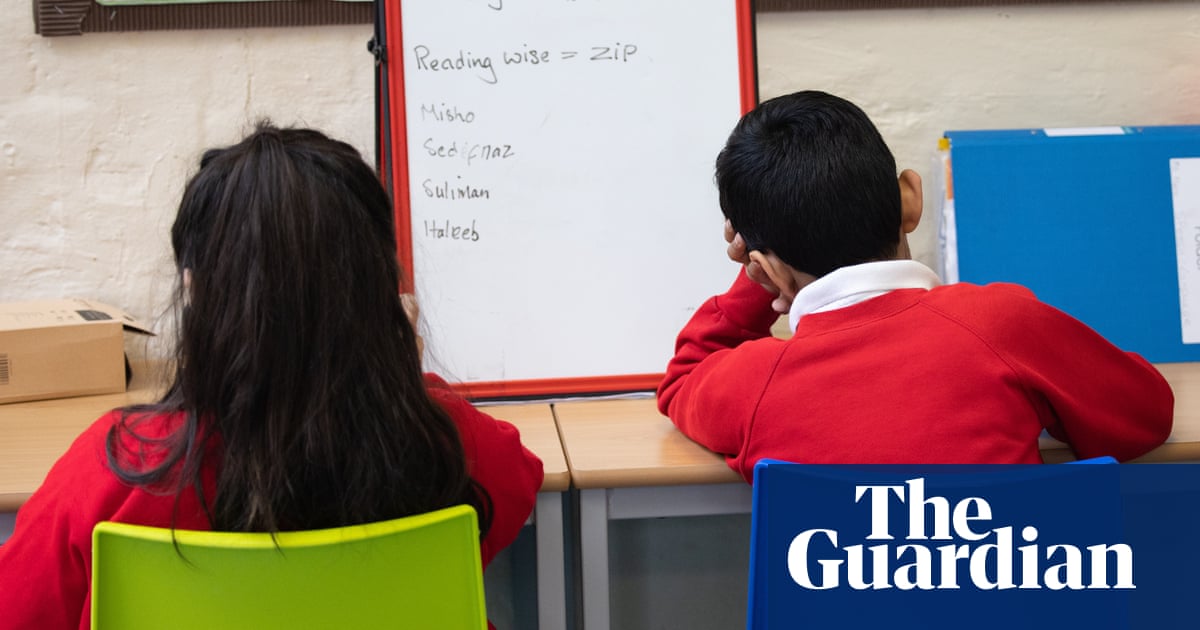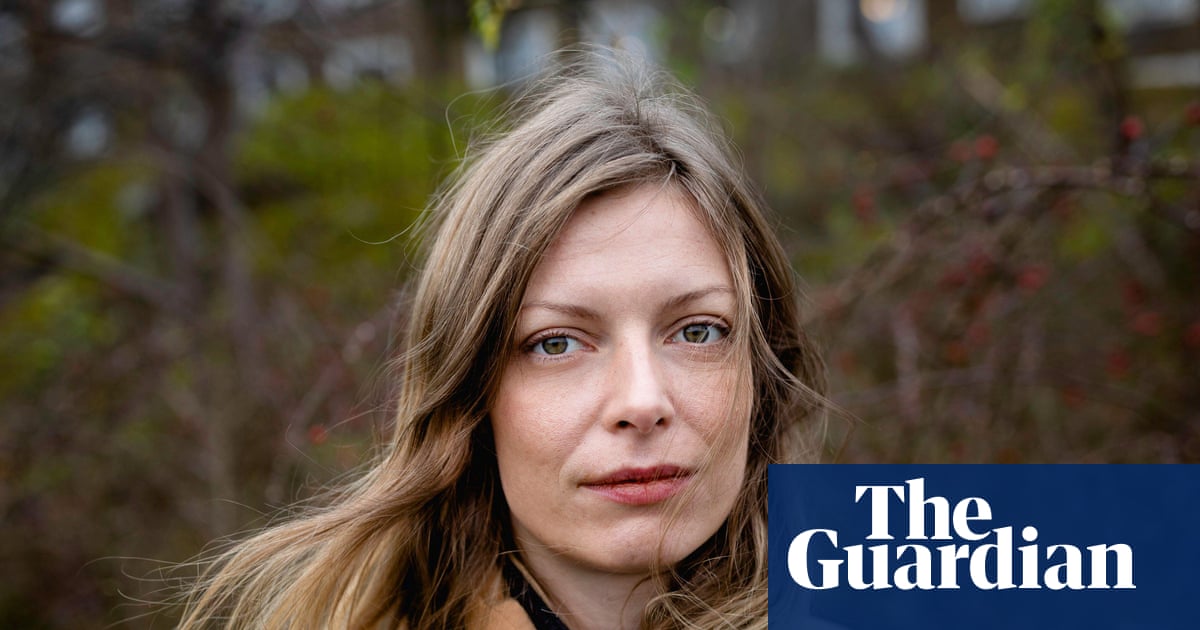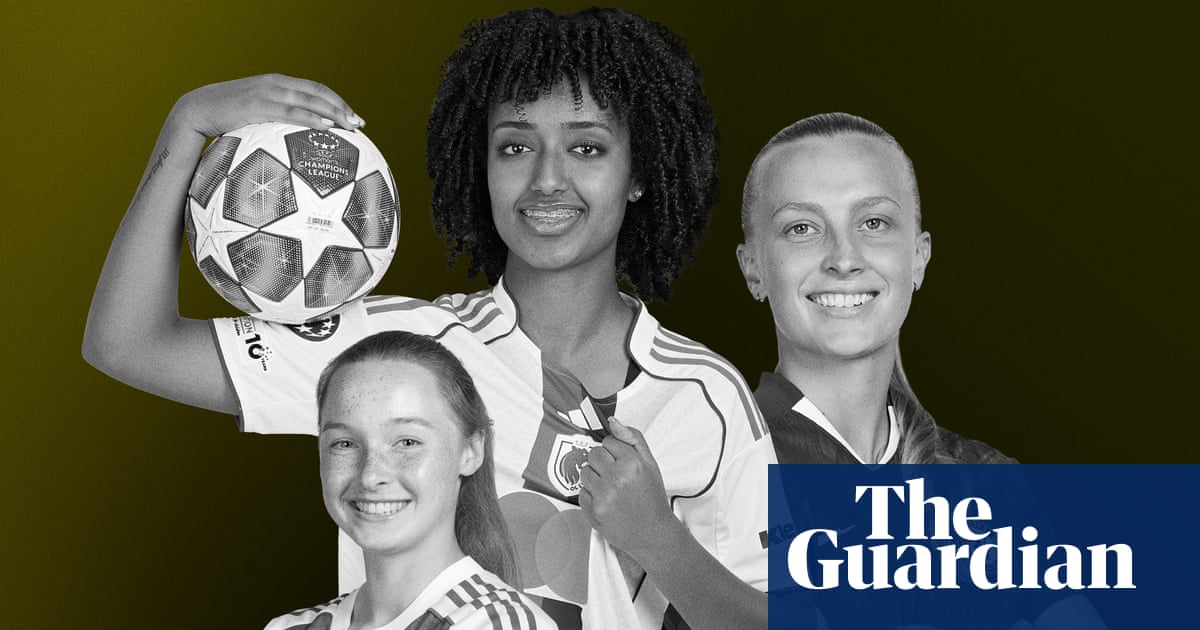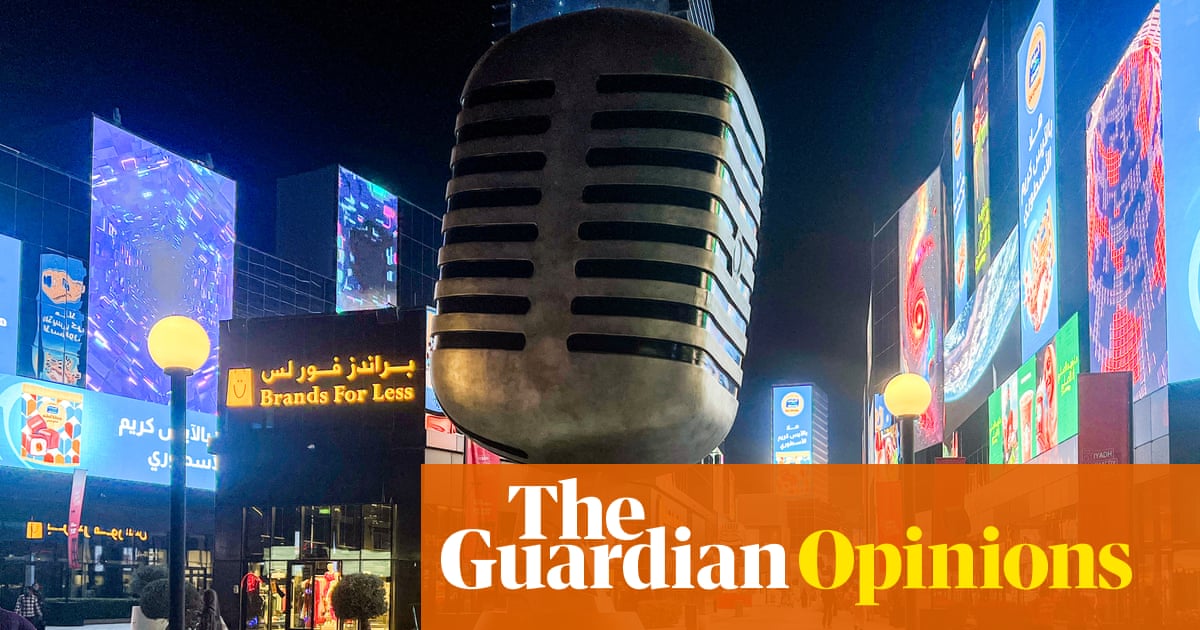1. ‘You get more attention than you would choose’: how an unusual name can shape your life – for better or worse
Composite: Guardian design; Lordn; Suwan Photo/Getty Images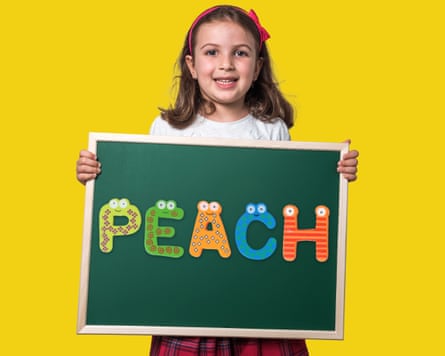
A name matters. Research has suggested it can affect who we date, how well students do at university (those with surnames later in the alphabet were found to receive lower grades), and in China it has been found to impact how likely people are to commit a crime. So how does having an unusual name shape your life? Emma Russell spoke to a Peach (and therapists and economists) to find out.
2. When I met Craig he was 13 and homeless. I still thought his life might turn around. I was tragically wrong
Photograph: Courtesy of Pamela Gordon
In this heartbreaking Long Read, documentary maker Pamela Gordon recounted the story of Craig, who she first met when he was a teenager sleeping on the streets after running away from care in the late 1990s. When she later discovered more details about what he was running away from, it would help her to understand the path his sad life took.
You can buy the best of the Long Read in our beautiful new print magazine available from the Guardian Bookshop.
3. ‘I opened up like a giant elevator’: the seven sly, savage stages of a £100,000 romance scam
Composite: Guardian design; verona_S; Nichanad Chitonnom/Getty Images
“I’m often asked, ‘Who falls for this?’ The answer is: anyone who is human.”
With romance fraud on the rise in the UK and elsewhere, Anna Moore’s feature – breaking down the seven stages of a romance scam, from love bombing to gaslighting – provided an important corrective to the usual narrative in which victims are often tacitly blamed.
4. What we lose when we surrender care to algorithms
Illustration: Georgette Smith/The Guardian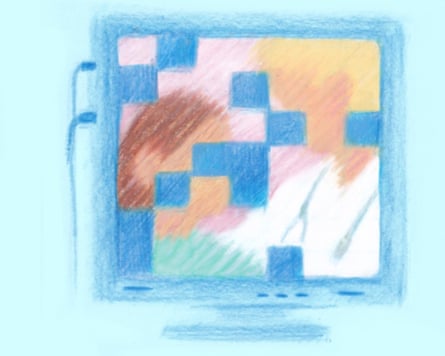
“For many, tackling the perversity of American healthcare feels out of reach as the US lurches ever further into authoritarianism. In this context, AI is offered as a balm not because it addresses root causes of abysmal US public health, but because it allows policymakers and corporations to gloss over them. This faith in AI also reflects a misunderstanding of care itself.”
The use of AI is surging dramatically in the US healthcare system but, warned Eric Reinhart, “rather than correcting human fallibility, AI seems more likely to amplify it by training clinicians out of their capacity to listen and think critically, collaboratively and creatively.”
- Photograph: Fabio De Paola
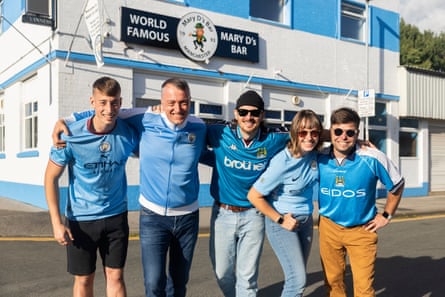
“It started – all the best things do – with a big, messy hug … ”
Brought together by fate, and the love of the same football club, great friendships can be forged on the terraces. In this photo essay, introduced by writer George Harrison, Sam Wollaston met six sets of fans brought together in a football stadium who found friendship beyond the turnstiles.
6. ‘You Britons go to the pub, we go to the swimming pool!’: the European health habits worth adopting
Illustration: Sandra Navarro/The Guardian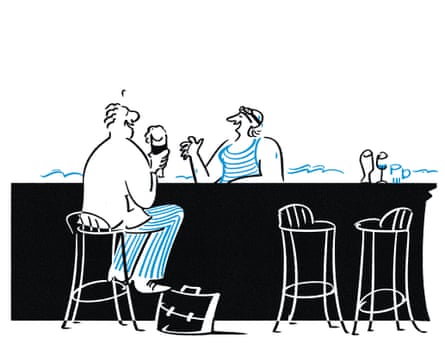
Daily swims, power naps and five meals a day – not tips from the latest hit wellbeing podcast but longstanding traditions that have kept generations healthy in Iceland, Ukraine, France and more. Sarah Phillips took a virtual tour of the continent to get the best tips for a happier and healthier life.

 2 months ago
74
2 months ago
74



